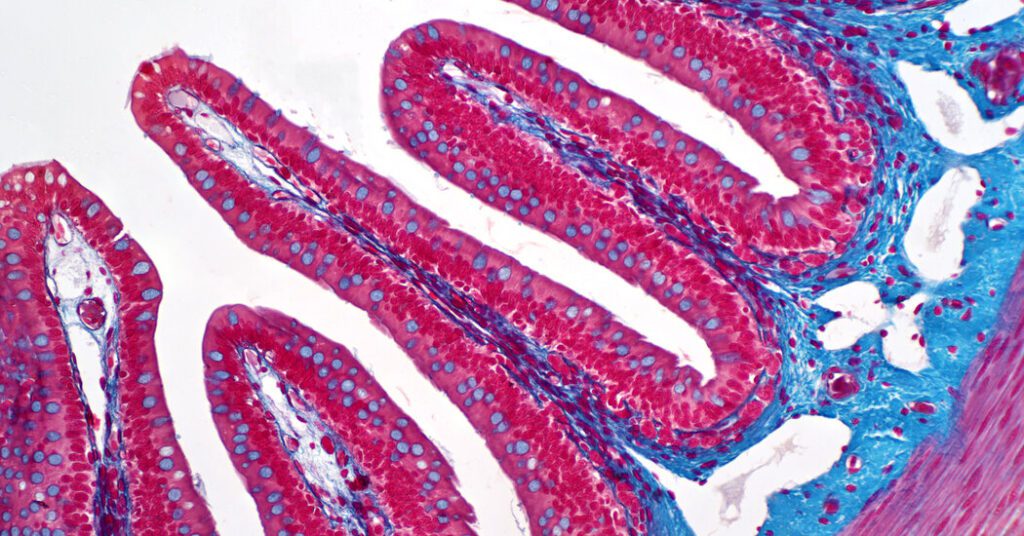Why is this important?
Rates of colon and rectal cancer are rising among younger adults while falling among older adults, who are much more likely to have colonoscopies, which can detect cancer and precancerous changes called polyps.
However, millennials (born around 1990) have nearly twice the risk of colon cancer and four times the risk of rectal cancer compared with people born in the 1950s, yet young people without a strong family history of colon cancer are unlikely to receive colonoscopy until they are 45 years old.
Doctors may also miss warning signs: Anecdotal evidence suggests that doctors are less suspicious of malignancies in younger people and may therefore dismiss symptoms like rectal bleeding as a benign condition like hemorrhoids rather than cancer, said Joshua Dembu, a cancer epidemiologist at the University of California, San Diego, and one of the study's lead authors.
The analysis found that, on average, it can take four to six months from when a young adult first comes to a caregiver complaining of symptoms to when they receive a diagnosis, and because diagnosis is often delayed, young adults tend to have more advanced disease that is more difficult to treat.
“We need to promote early detection and one of the ways to do that is to identify these warning signs,” Dr Dembu said.
What we don't know
The causes of the increase in colon and rectal cancer among young adults were not addressed in the new analysis and are not well understood.
Colon cancer has long been associated with obesity, smoking, a sedentary lifestyle, excessive alcohol consumption and a diet high in red meat, processed foods and sugary drinks.
New studies investigating the surge in colon cancer among young adults are also looking at other possible causes, including environmental exposures, changes in gut bacteria, and the use of certain medicines, such as antibiotics.

